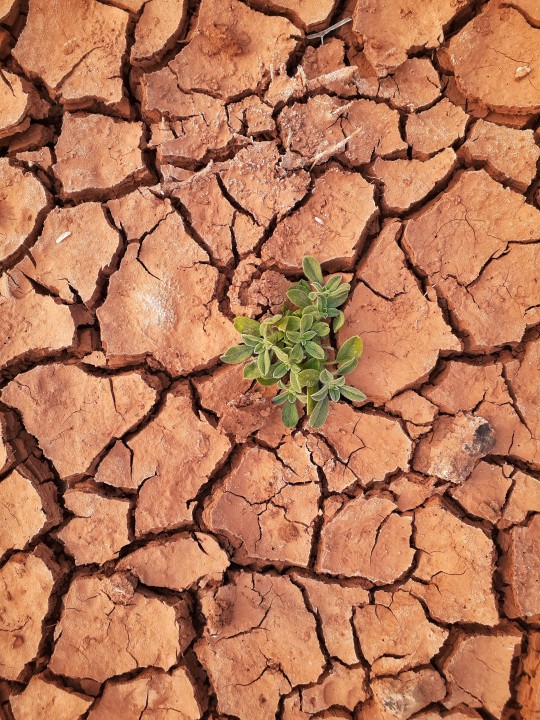The Dirt on Climate Change: Uncovering the Impact on Soil
- BioPrime Stories & latest news
- The Dirt on Climate Change: Uncovering the Impact on Soil
The Dirt on Climate Change: Uncovering the Impact on Soil

Soil is an incredibly complex and diverse ecosystem, filled with a mind-boggling array of microscopic organisms, minerals, organic matter, and water. And yet, despite its complexity, soil is absolutely essential for life on earth. Without it, we wouldn't have the diverse array of plants that provide us with food, fiber, and shelter. We wouldn't have the forests that clean our air and water, or the wetlands that provide crucial habitat for countless species of wildlife.
One of the most critical components of healthy soil is organic matter. Organic matter includes plant and animal residues, such as fallen leaves, dead insects, and even the bodies of dead animals. When organic matter is decomposed by microorganisms, it releases nutrients and minerals that plants need to grow. These nutrients include nitrogen, phosphorus, potassium, and many others. Organic matter also helps to improve soil structure, allowing it to hold water and resist erosion.
However, climate change is having a significant impact on soil health. Rising temperatures and changing rainfall patterns are altering the delicate balance of soil microorganisms, which can lead to a decrease in soil fertility. Droughts can cause soil to dry out, making it difficult for plants to grow, and floods can wash away valuable topsoil, leaving behind bare, compacted earth. But fear not! There are many things we can do to mitigate the effects of climate change on soil health.
Conserving Soil Health: Strategies to Adopt
One of the most effective strategies is to practice conservation agriculture. This includes reducing tillage, planting cover crops, and using crop rotations. By reducing tillage, we can prevent erosion and preserve the structure of the soil. Cover crops help to maintain soil moisture and provide valuable organic matter when they are eventually plowed under. And crop rotations help to prevent the buildup of soil-borne diseases and pests, while also allowing different plants to take up different nutrients from the soil.
Another strategy is to reduce greenhouse gas emissions from agriculture. Agriculture is a significant contributor to global greenhouse gas emissions, primarily through the use of fossil fuels and the release of methane from livestock. By reducing our reliance on fossil fuels and promoting sustainable farming practices, we can reduce the carbon footprint of agriculture and help to mitigate the effects of climate change.
In addition to the strategies mentioned above, our biosolutions also offer a promising solution to the challenges posed by climate change. Bioprime's innovative biosolutions, such as biofertilizers, biostimulants, and biopesticides, are designed to enhance soil health, improve crop productivity, and reduce the use of synthetic chemicals. Biofertilizers contain live microorganisms that can fix nitrogen, solubilize phosphorus, and enhance the availability of other nutrients to plants. Biostimulants contain natural compounds that stimulate plant growth, increase tolerance to stress, and improve the uptake of nutrients. And biopesticides contain beneficial microorganisms that can control pests and diseases without the use of harmful chemicals. By promoting a healthy soil microbiome and reducing reliance on synthetic inputs, Bioprime's biosolutions offer a sustainable and effective way to adapt to the changing climate and protect the health of our soils.
In conclusion, soil is the foundation of agriculture, and healthy soil is essential for the survival of life on earth. Climate change is having a significant impact on soil health, but there are many strategies we can use to mitigate the effects. By practicing conservation agriculture and reducing greenhouse gas emissions, we can help to preserve the health and vitality of our soils for generations to come. So, let's roll up our sleeves and get digging!




